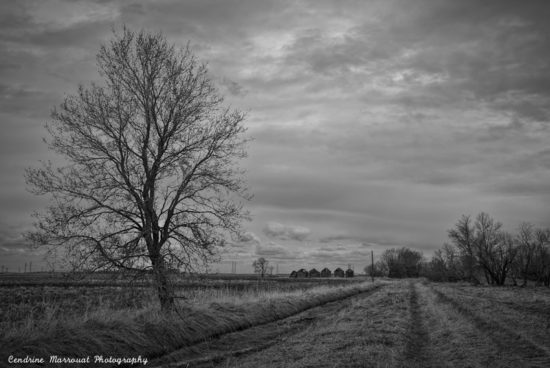
Cendrine Marrouat is an award-winning French-born photographer, author and French instructor living in Winnipeg, Canada. Specializing in Nature, black-and-white and close-ups, Cendrine has been recognized for her achievements with multiple awards including:
– BuzzHUMM’s list of Top 100 Business Bloggers (2015) and Fit Small Business’ Best Small Business Blogs of 2015 & 2016 lists. – 2015 Small Business Book Awards – Community Choice Winner in the social media category. – Member Selection Award (December 2016), Summer Selection Award (July 2016), Peer Choice Award (November 2017), Featured Store Award (June 2016) on ViewBug – Multiple All-Star and Elite achievements on GuruShots.
Creative on many planes from poetry to stage plays, Cendrine brings her special talent for framing a picture into wordplay as well. She’s authored and published works in both English and French for the enjoyment of a global audience.
- Poetry: – Sortons des chemins battus (2006) – And They All Rejoiced! Soul-Stirring Poetry (2006) – Short Poetry for Those Who Fear Death (2006) – Project: Heartbeats and Elevation (2009) – Five Years And Counting. A Journey into the Mind of Soul Poetry (2010)
- Social media: – The Little Big eBook on Blogging: 40 Traffic Generation Tips (2012) – The Little Big eBook on Social Media Audiences: Build Yours, Keep It, and Win (2014)
- Photography: – When the Mind Travels: A Poetic Journey into Photography (2015) – Life’s Little Things – Les petites choses de la vie (2016) – Life’s Little Things: The Quotes (2017)
- Theatre: – In the Silence of Words: A Three-Act Play (2018) CD: Rizen (2010) – Spoken word
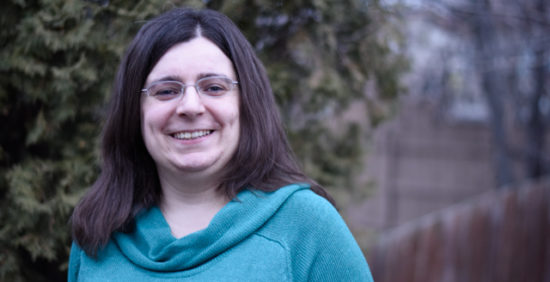
About her photography, Cendrine Says, “My photography seeks the mundane to capture the fleeting, but the true beauty of life in its many forms.
I approach photography in the same way as I write poetry. It’s not about the tools. It’s about the moment when my eyes catch a story that needs to be told. What happens next, is a spiritual yearning to describe the scene with my camera. However, it is during the editing process that my poetic background comes into play. Every photo must achieve two goals: simplicity and serenity.
I use the pure black and white format to convey timelessness. Occasional tinges of sepia are for added depth. Finally, colors stand for romanticism.â€
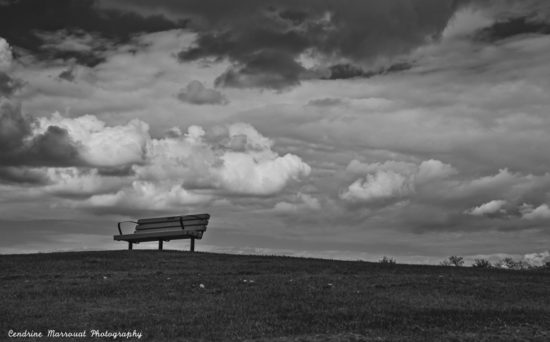
In this interview with the renowned photog, we took Cendrine from behind the camera to describe herself and her work from the outside looking in:
Q: Give us an introduction to the lens of Cendrine Marrouat
A: I am an artist with varied interests, including photography, poetry, and theatre. I have self-released five collections of poetry, three photography books, two social media ebooks, a play, and a spoken word CD. I also am a former art critic, digital journalist, and translator.
When I am not busy taking photos or writing, I teach French to adults. Occasionally, I will create content for businesses and provide entrepreneurs with social media advice.
I consider myself a multi-layered artist. My body of work revolves around the idea that there is beauty everywhere and something to learn from everything. My mission, as a photographer, is to help people (re)connect with their inner child and take the time to “smell the rosesâ€.
Q: What drew you to photography, specifically nature scenes?
A: Nature has always been a huge part of my life. However, photography is a late endeavor.
Until about eight years ago, I had no idea how to take a photo. I shot in automatic mode and that was it. I was not interested in learning anything.
However, something changed when I came back from my trip to the 2010 Winter Olympics held in Vancouver, Canada. While looking at the batch of images I had taken at Dr. Sun Yat-Sen Classical Chinese Garden, one left a lasting impression on me. Later, I decided to use that photo on the cover of my fifth poetry book.
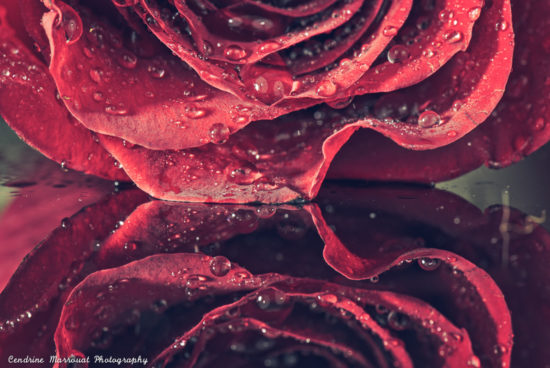
The feedback I received was very positive. Magazines offered me money to give up my rights on it. “Are you a professional photographer,†some people even asked me.
I enjoyed the compliments of course. But beyond that, my interest had been piqued. I felt the urge to learn more about photography. So, I spent four years educating myself, looking at photographers’ portfolios, and sharing my (unedited) images online. After a while, photographers started encouraging me to create my own website and sell my prints.
That is what I have been doing since 2014…
Q: What is the most exciting for you about shooting nature scenes?
A: I would say that it is the lessons that nature delivers constantly and consistently.
Nature has taught me about self-worth, resilience, and keeping an open mind about the world around me.
Q: Tell us about your wildest experience while out on a shoot and where were you shooting?
A: I am not a reckless photographer. I am scared of heights and would never get off a car to try and get a closeup shot of bears or moose in the wild.
With that being said, the most extraordinary experience I have had as a professional photographer so far is my recent trip to Kauai, Hawaii. The island is amazing and boasts otherworldly landscapes. There is so much diversity that you could spend months there without being able to document it all.
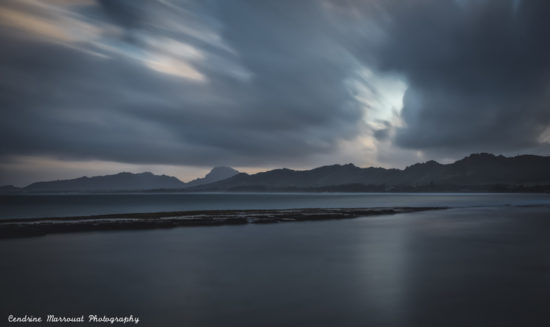
Q: In the spirit of conservation, what do you do to keep your footprint small when out on a shoot?
A: My number 1 rule is: “Treat the world around you the way you would like to be treated.†For example, I do not break things on purpose or step on plants and flowers. If there is wildlife nearby, I will always keep my distance and avoid making too much noise. And of course, I never leave any garbage behind me.
Q: How many setups do you have for different scenes and do you have a favorite camera?
A: I don’t have any setup at all. Each scene is different from one minute to the next. So the settings will change, even so slightly. And since I like shooting in manual mode, it is impossible to foresee anything.
I only use one camera, the Nikon D750. But I learned my photography chops with the Canon EOS Rebel T3i. It is an excellent camera for beginners hobbyists alike!
Q: Speaking of cameras, what does your inventory look like?!
A: Currently, I own the following:
CAMERA: Nikon D750
LENSES: – AF-S NIKKOR 28-300mm f/3.5-5.6G ED VR – Tamron SP 24-70mm f/2.8 DI VC USD AF-S VR – Micro-Nikkor 105mm f/2.8G IF-ED – Nikkor AF DC 105mm f/2 D – Sigma 35mm F/1.4 DG
TRIPOD: Cameron CF600 W/BH20 Ballhead
Having several lenses at your disposal is great. But if you don’t have a big budget, I recommend the excellent, all-in-one NIKKOR 28-300mm lens. And do not forget to invest in a sturdy tripod, wireless shutter, and ND + UV filters.
Q: Getting technical, what’s key in framing a shot or series of shots?
A: To me, a shot starts in the mind or brain. Something happens there, which makes you stop in your tracks and think: “There! I see something worth capturing.â€
With that said, framing one shot is a little different from doing a series. That is because the latter is about continuity and following some sort of “narrative threadâ€. In that case, I look for specific clues in my surroundings — based on the kind of images I have already taken.
Experience has taught me to put myself in my viewers’ shoes to capture a scene. I tend to wonder what they would like to see and how they would like to see it.
Most people are too busy to notice beauty or the little things around them. I want them to pay attention again so they understand the importance of enjoying life.
Q: Any words of guidance to those just coming into photography in general?
A: Learn the basics of photography: light, composition, (especially the rule of thirds) shutter speed, aperture, and ISO.
Study the styles of the masters to understand what makes them unique. Connect with other talented photographers in the areas in which you would like to specialize. Pay close attention to their work.
Look for unusual angles, aim for details, and move around. Seek only constructive feedback on your work. Get out of your comfort zone as often as you can. Have fun!
Practice, practice, practice! Don’t be afraid of making mistakes. Take occasional looks at your early photography. It will keep you grounded and help you build your self-confidence.
Most importantly, NEVER compare yourself to others or worry about your gear. What matters is the stories in your photos. So keep your mind open at all time and remember that people crave emotions.
This is what good photography is all about.
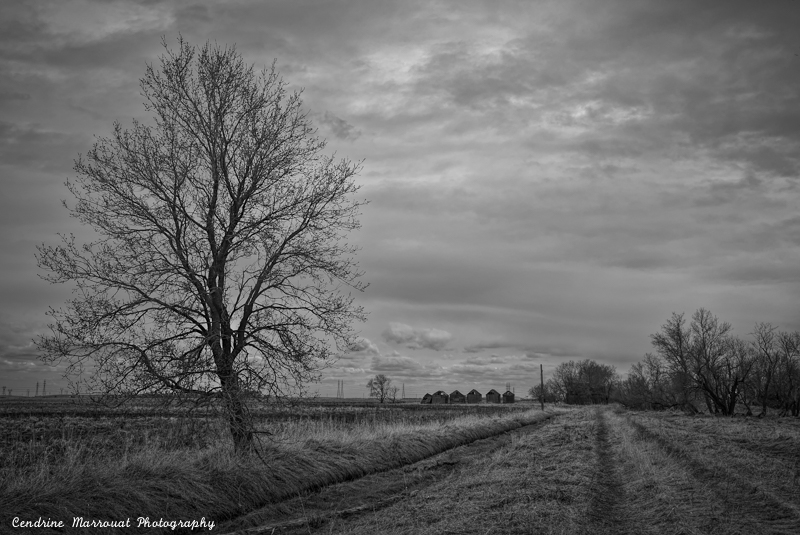
Leave a Reply